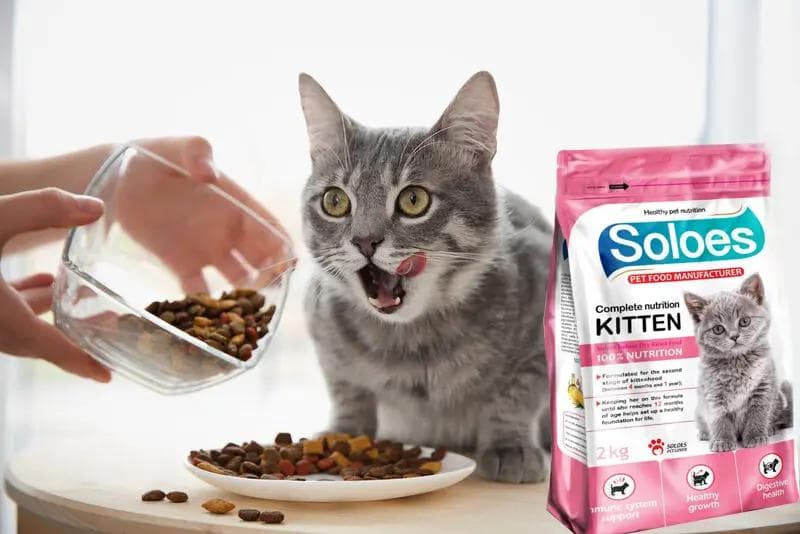Understanding cat nutrition is essential for every pet owner to ensure the health and well-being of their feline companions. Cats have unique dietary requirements compared to other animals, stemming from their evolutionary history as obligate carnivores. This means that they require a diet primarily composed of animal-based protein to thrive. Unlike dogs, cats lack certain enzymes necessary for the digestion of plant matter, making animal proteins, such as those found in meat, essential for their overall health.
In addition to protein, cats also require specific amino acids, vitamins, and minerals that are abundant in animal tissues. Taurine, for example, is an amino acid crucial for maintaining proper heart function and vision in cats and is found primarily in animal-based proteins. Essential vitamins like vitamin A, D, and B complex are necessary for various metabolic processes, while minerals such as calcium, phosphorus, and potassium are essential for bone health, muscle function, and overall well-being.
Furthermore, cats need a sufficient amount of water in their diet to support proper hydration and kidney function. Unlike many other animals, cats often have a low thirst drive, so it's essential to provide them with moist food or access to fresh water at all times.
Understanding these specific nutritional needs and providing a balanced diet that meets them is vital for ensuring the long-term health and happiness of your feline friend. Consulting with a veterinarian or animal nutritionist can help you tailor a diet plan that best suits your cat's individual needs and preferences. By prioritizing proper nutrition, you can help your cat live a healthy, vibrant life.
Understanding Cat Nutrition: What Every Pet Owner Should Know
2023-12-25
Understanding cat nutrition is essential for every pet owner to ensure the health and well-being of their feline companions. Cats have unique dietary requirements compared to other animals, stemming from their evolutionary history as obligate carnivores.

